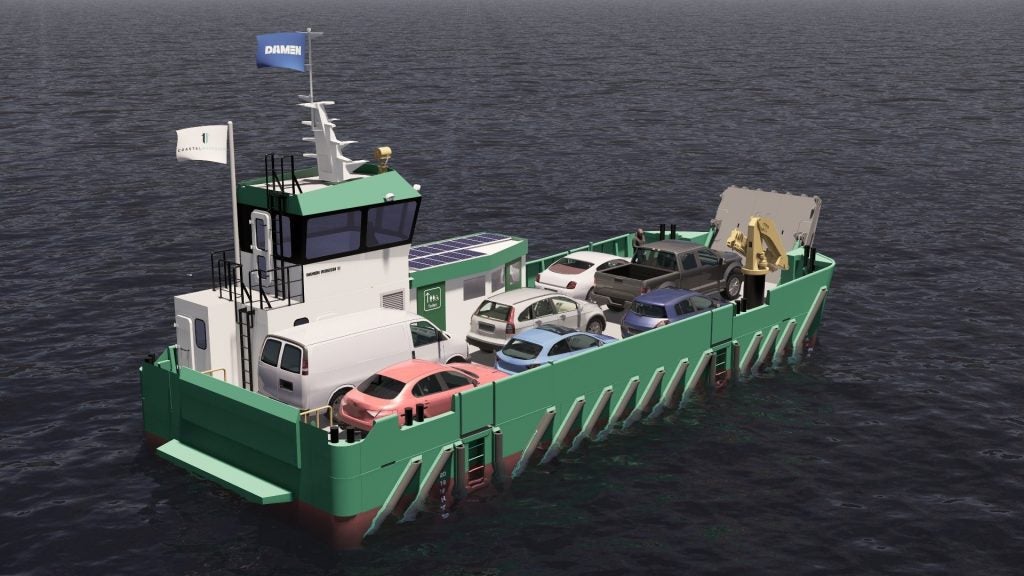The International Chamber of Shipping (ICS), the global trade association for shipowners, has called on the International Maritime Organisation (IMO) to set a timeline to curb the shipping sector's greenhouse gas (GHG) emission volume.
ICS has also urged IMO to develop details of a carbon dioxide (CO2) reduction commitment plan for the shipping sector.
With the new plan, along with existing IMO CO2 reduction guidelines, the global shipping industry will be able to reduce CO2 emissions even further.
International Chamber of Shipping chairman Esben Poulsson said: “Shipping is the only industrial sector which already has a mandatory global CO2 reduction regime in place, applicable to the entire world fleet and which predates the Paris Agreement by four years.
“The most recent data from 2014 shows that shipping reduced its total CO2 emissions by over 10% in just five years, despite continuing growth in maritime trade.”
See Also:
Currently, around 90% of global trade is transported by cargo ships, which are collectively contributing to nearly 2.2% of the world's total GHG emissions.
How well do you really know your competitors?
Access the most comprehensive Company Profiles on the market, powered by GlobalData. Save hours of research. Gain competitive edge.

Thank you!
Your download email will arrive shortly
Not ready to buy yet? Download a free sample
We are confident about the unique quality of our Company Profiles. However, we want you to make the most beneficial decision for your business, so we offer a free sample that you can download by submitting the below form
By GlobalDataPoulsson added: “The binding IMO rules, in force worldwide since 2013, will mean that future ships will be even more efficient and most ships built after 2025 will be at least 30% more efficient than those delivered in the 2000s.
“It is amazing to consider that the most efficient ships today only burn 1gm of fuel per tonne of cargo moved one kilometre.
“With bigger ships, better engines, cleaner fuels and operational efficiency measures such as satellite-assisted speed management, we are confident of reducing CO2 emissions per tonne-kilometre by 50% by 2050.”
In order to address the issue of CO2 emissions from shipping sector, IMO member states will establish a global CO2 data collection system for ships this month. This system is expected to become fully operational by 2018.





